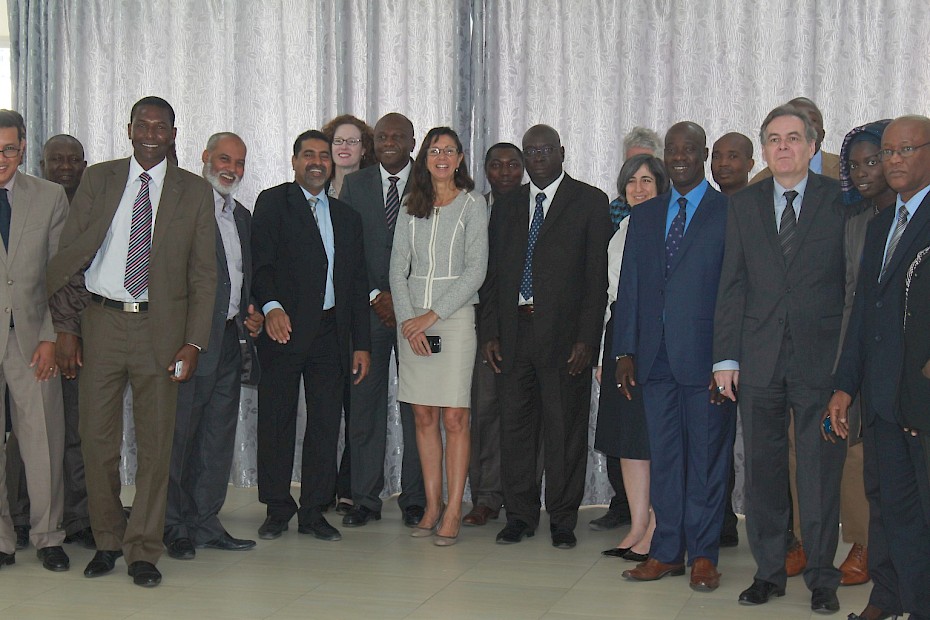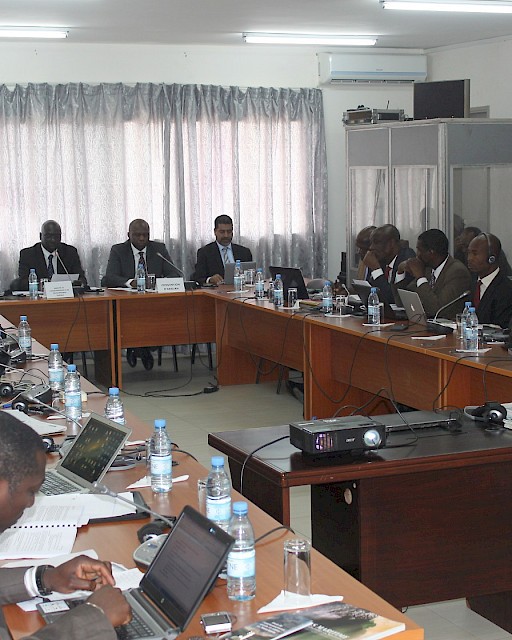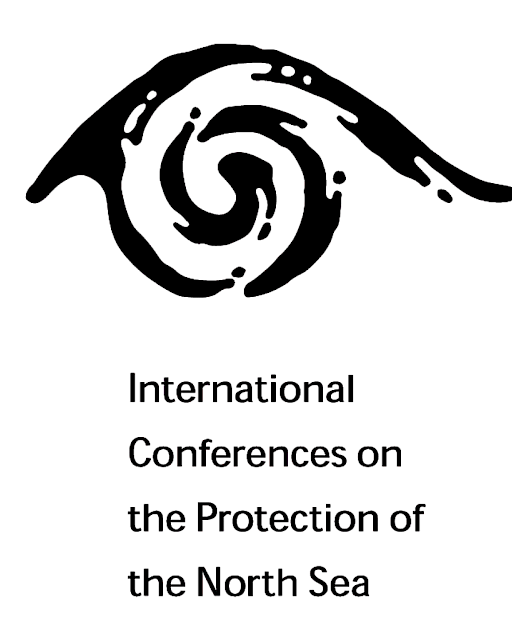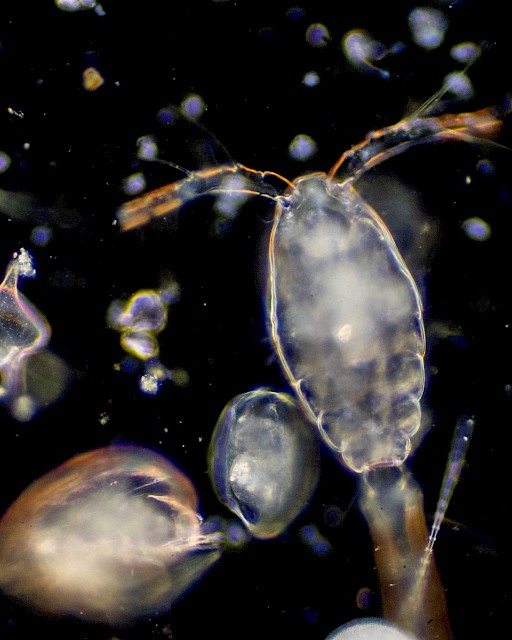Abidjan Convention
The Abidjan Convention and OSPAR work together within the framework of the UNEP Programme of Regional Seas and Action Plans which covers 18 regions of the world.
The Maritime Areas of the two Conventions together cover the Eastern Atlantic from the North Pole down to South Africa, with the exception of a small gap between the two. This cooperation is vital not only for sharing of knowledge and experience between regions but it is also necessary to achieve a coherent implementation of the ecosystem approach which requires both conventions to look beyond their borders.

Cooperation in practice
Following discussion at OSPAR 2010 and the 12th UNEP Regional Seas Meeting in Bergen, the Abidjan Convention (UNEP)[1], the International Maritime Organization (IMO) – Office for the London Convention and Protocol[2] - and the OSPAR Commission[3] agreed to conduct a joint workshop for countries in the Abidjan Convention region.
The joint workshop was held from 6-10 June 2011 in Libreville, Gabon at the kind invitation of the Gabonese government and hosted by the Ministry for Habitats, Urban Affairs, Ecology and Sustainable Development. The objectives of the workshop were to support capacity building for ecosystem-based management in the Abidjan Convention area; to inform the revision process of the Convention; and to support follow-up work from the Abidjan Convention 9th Conference of the Parties (COP 9) in March 2011. The IMO, London Convention and Protocol, along with the OSPAR Commission provided well established tools and experience in regional cooperation to share with the view that this may inform the revision process of the Abidjan Convention and support strengthening of regional cooperation.
The workshop facilitated, in particular, the exchange of best practice and lessons learned. It also raised awareness regarding the benefits of relevant international marine environmental agreements and supported capacity building for ecosystem-based management in the Abidjan Convention area. Key issues discussed during the Workshop included the legal framework for marine pollution management, London Protocol procedures, the management of offshore oil and gas activities and the establishment and management of marine protected areas.
The recommendations put forward by the joint workshop were considered by OSPAR 2011, with the agreement to continue the cooperation between the two Regional Seas Conventions.
A second meeting was held in Malabo, Equatorial Guinea in May 2015 (pictured above). OSPAR contributed to the meeting by providing advice through experts from its Offshore Industry Committee and the Secretariat. It is still doing so, to facilitate the adoption of the Protocol by 2017.
In 2018 the OSPAR Secretariat, the IMO Office for the London Convention and Protocol & Ocean Affairs, Norway’s Oil for Development Programme and the Abidjan Convention Secretariat held a Joint Regional Capacity Building Workshop in Ghana, Africa, to support implementation of the London Protocol and development of the Abidjan Convention Offshore Protocol. The workshop focused on implementation of measures on an International, Regional and National level. The IMO set the scene for International work, OSPAR provided examples of established tools and experience in regional cooperation, highlighting its Decisions, Recommendations and Agreements and Norway demonstrated how the National and International measures can be integrated into national legislation.
End notes
[1] The Abidjan Convention is the legal tool for cooperation in the protection and development of the marine environment and coastal region of West Africa, Central and Southern Africa. It has an emergency protocol on oil spills and entered into force in 1984. The Convention covers 22 countries bordering the Atlantic coast of West Africa from Mauritania to South Africa. The Convention is administered by the United Nations Environment Programme (UNEP) with Headquarters in Abidjan (Ivory Coast). www.unep.org/abidjanconvention
[2] The International Maritime Organization is a specialized agency of the United Nations which is responsible for measures to improve the safety and security of international shipping and to prevent marine pollution from ships. It is also involved in legal matters, including liability and compensation issues and the facilitation of international maritime traffic. www.londonprotocol.imo.org
[3] The OSPAR Convention is the current legal instrument guiding international cooperation for the protection of the marine environment of the North-East Atlantic. Work on behalf of the Convention is undertaken by the OSPAR Commission, composed of government representatives of 15 Contracting Parties and the European Commission, representing the European Union. The OSPAR Commission was established by the OSPAR Convention for the Protection of the Marine Environment of the North-East Atlantic, which unified and updated the Oslo Convention (1972) and Paris Convention (1974). It brought together the governments of Belgium, Denmark, Finland, France, Germany, Iceland, Ireland, Luxembourg, Netherlands, Norway, Portugal, Spain, Sweden, Switzerland and the United Kingdom with the European Union.





